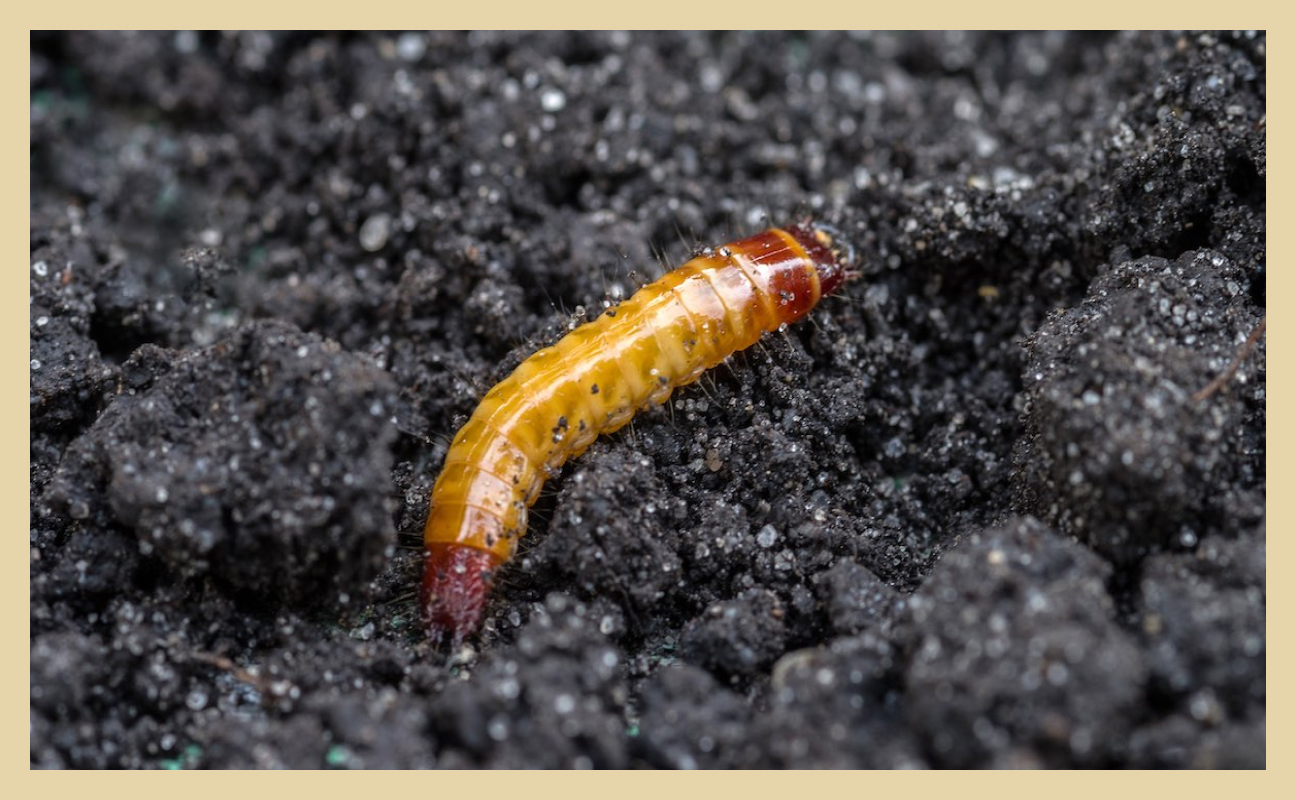
The war on wireworms started the minute that the growers in the PNW started seeing seedling and plant stand losses due to wireworms. So in the PNW this means that wireworms have become an issue for growers at different times over the years due to micro-climate effect, crop rotation, earlier planting dates, increase of no-till or limited tillage planting, base-line wireworm populations field by field and most importantly grower education and awareness. One contributing factor of many that has lead to the wireworm issue is that in 2006 the EPA implemented a ban on Lindane as a seed treatment in cereals, which was the seed industries standard for wireworm control as a seed treatment. Lindane did a very good job of killing wireworms and keeping the pest in check where it was used. Even though Lindane was a good wireworm product due to its mode of action could be hard on germination depending on the quality of the seed. The Lindane ban was the beginning of the growth and awareness of wireworms with cereal growers in the PNW. Over the past eleven years growers have been utilizing the only tool available to them as a seed treatment to address wireworms in cereals, neonicotinoids insecticides, which includes major brands like Macho, Gaucho, Poncho and Cruiser that are all in this class of chemistry. While this chemistry provides the growers with a tool for wireworms in cereals, the only alternative for wireworms which up till this year was to apply nothing at all. With Neonicotinoid insecticides the mode of action is mostly repellency and stops the wireworm from feeding which has lead to increased populations of wireworms over time resulting in a reduction in cereal stands, grower awareness and increased economic loss to growers. It is very important to remember that the war on wireworms for many growers started well before the loss of Lindane as a seed treatment but the wireworm situation and pest awareness has now reached nothing short of an epidemic level in some micro-climates in the PNW for cereal growers.
Over the past three seasons the Albaugh Seed Treatment Technology Team has been focusing on research with current and new active ingredients both synthetic and biological at different rates and ratios to enhance the war on wireworms for PNW growers.
“Albaugh is extending its innovative platform globally through the expansion of its portfolio to include biological technology including bio-pesticides used as seed treatments to address issues like wireworms which cost growers money in stand and yield loss each year,” said Chad Shelton, Albaugh’s Director of Global Proprietary Products.
“In 2016 Albaugh conducted over 10 trials across various micro-climates in the PNW specifically targeting wireworms in cereals. Our goal was to find a new solution or to enhance the performance of seed treatments on wireworms for growers in the PNW”, said Ed Driskill, Key Account Manager for Albaugh, LLC.
“Our research demonstrated that BIOST® Insecticide 100 when combined with two different neonicotinoids in a unique ratio as a seed treatment will play a key role in enhancing the performance of seed treatments for PNW cereal growers, said Ed Driskill. It’s also important to remember that application rates still play a key role in war against wireworms depending on the level of severity of the pest.
In 2017 Albaugh is working with the certified seed industry to deliver a new enhanced wireworm seed treatment solution to their growers that includes a unprecedented three way insecticide combination of BIOST® Insecticide 100, Resonate™ insecticide and NipSit Inside® insecticide. The new three way combination is designed to enhance performance of cereal seed treatments specifically against wireworms by combining three active ingredients with two modes of actions that will enhance cereal stands and reduce wireworm populations vs using neonicotinoid chemistry alone.
“We are looking forward to providing the wheat industry and seed industry with a new seed treatment solution to address wireworms by integrating current technology with a new technology” said Ed Driskill
Wireworms are a difficult pest to control and the war is not over. In 2017, the Albaugh seed treatment technology team will continue to wage the war on wireworms by evaluating even more new technology that continues to enhance the performance of seed treatments on wireworms and helps the seed industry provide solutions to their growers and increase the growers bottom-line.


